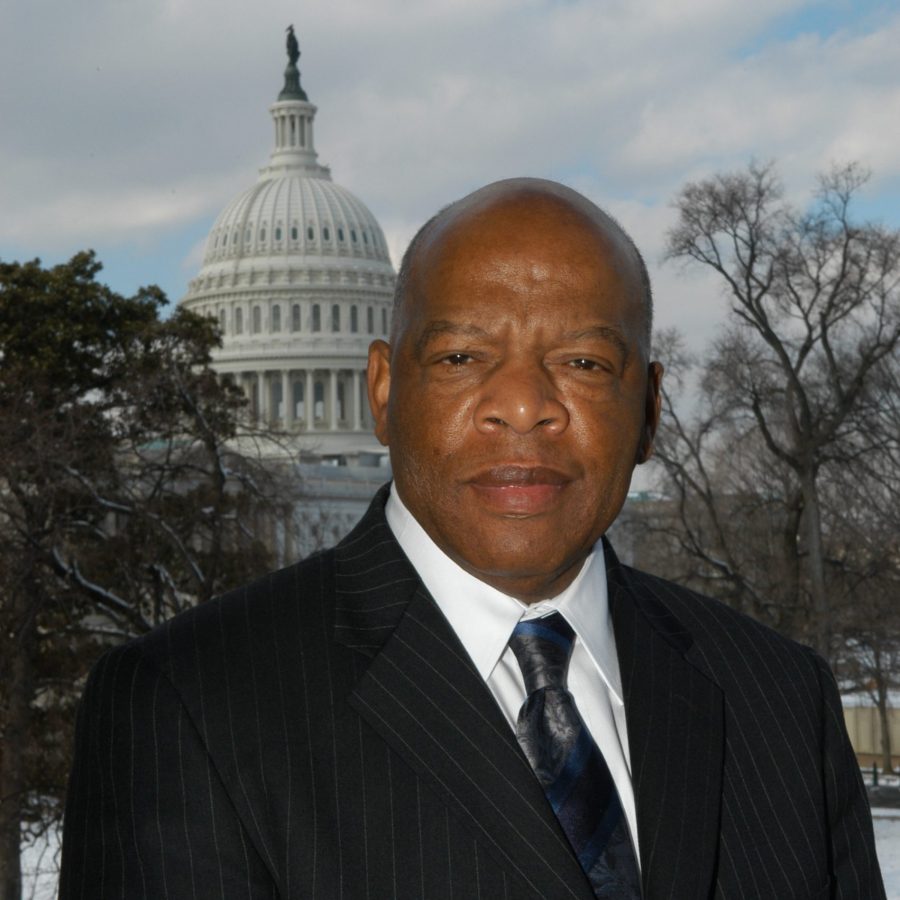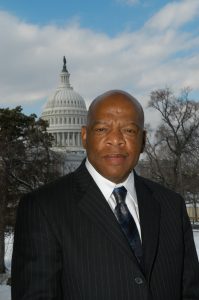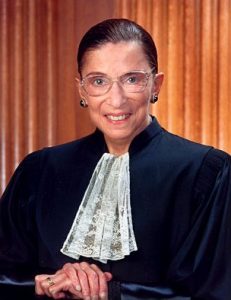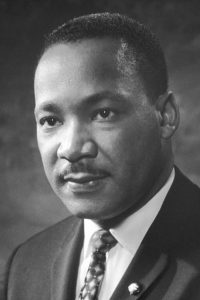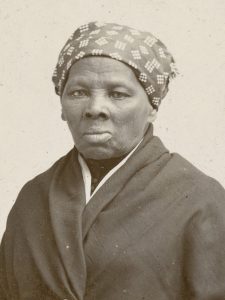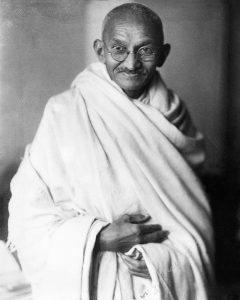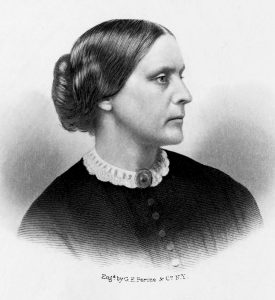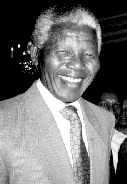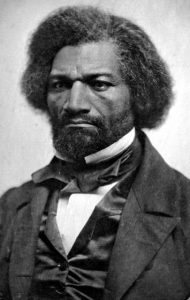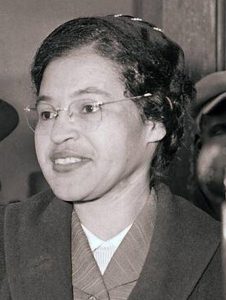John Lewis
(1940–2020)
John Robert Lewis was born on February 21, 1940, near Troy, Alabama, the son of sharecroppers. From humble beginnings in the segregated South, he rose to become a giant of American democracy: a lifelong activist, civil rights leader, and eventually a 17-term U.S. Congressman representing Georgia’s 5th district. His life was defined by an unwavering belief in nonviolence, justice, and what he famously called “Good Trouble.”
Lewis’s journey into activism began early. As a teenager, he was inspired by the words and example of Dr. Martin Luther King Jr., as well as the 1955 Montgomery Bus Boycott. Despite being told he wasn’t “college material,” Lewis pursued higher education, first at American Baptist Theological Seminary and then at Fisk University in Nashville, Tennessee. It was there that he became deeply involved in the Nashville sit-ins, a student-led campaign that used nonviolent protest to challenge segregation at lunch counters.
By the early 1960s, Lewis was one of the original 13 Freedom Riders, testing desegregation laws on interstate buses throughout the South. Facing brutal beatings and arrests, he refused to be silenced. At just 23, he was the youngest speaker at the historic March on Washington in 1963, standing alongside Dr. King and declaring, “We want our freedom, and we want it now!” His words and courage carried the urgency of a new generation determined to dismantle Jim Crow.
Lewis’s role reached another historic peak on March 7, 1965, when he led over 600 marchers across the Edmund Pettus Bridge in Selma, Alabama. Known as “Bloody Sunday,” the peaceful demonstration for voting rights ended in brutal violence as state troopers attacked the marchers. Lewis was beaten nearly to death, his skull fractured, but he survived—and the images of that day shocked the nation. The event directly influenced the passage of the Voting Rights Act of 1965, one of the most significant pieces of civil rights legislation in American history.
Transitioning into politics, Lewis continued his fight within the halls of government. Elected to Congress in 1986, he served for more than three decades, becoming known as the “conscience of Congress.” He consistently championed voting rights, healthcare, LGBTQ+ equality, and immigration reform, never losing the activist spirit that defined his youth. His ability to bridge grassroots activism with legislative progress cemented his place as one of America’s most respected moral voices.
John Lewis belongs to the original Good Trouble Makers Hall of Fame because his life embodied the essence of courageous, principled resistance. From lunch counters to the halls of Congress, he showed that true patriotism means pushing the nation to live up to its ideals. His example continues to inspire generations to stand up, speak out, and cause the kind of Good Trouble that bends the arc of history toward justice.

